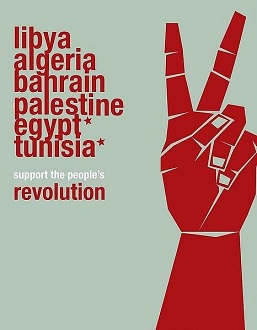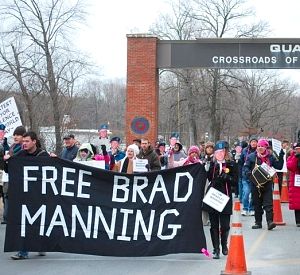Arab Spring Yet to Bloom

"Liberating struggles throughout the region just began. Expect no resolution easily or quickly."
Despite months of heroic Middle East/North African uprisings in over a dozen countries from Morocco to Syria to Oman, none so far has achieved any [significant] change, suggesting months, perhaps years, of sustained struggles lie ahead.
Media commentators first used term Arab Spring in March 2005 to suggest a beneficial Iraq war spinoff, what, of course, never happened nor could it, given Washington's intent to prevent any emerging democracies.
However, it partly succeeded in Lebanon after Prime Minister Rafiq Hariri's February 14, 2005 assassination. Afterwards, "Cedar Revolution" anger erupted, ending Syria's occupation, reducing, but not eliminating the Bashar al-Assad regime's influence in the country.
In late 2010, the term resurfaced to reflect regional uprisings still ongoing, on and off, across the Middle East/North Africa. In recent days, notably they've occurred in Yemen, Bahrain, Iraq, Jordan, Saudi Arabia, Syria and Egypt.
Libya is noticeably different - a Western influenced insurrection now war to replace one despot with another, discussed in numerous previous articles.
Throughout most of the region, people want jobs, decent pay, better services, ending corruption and repression, as well as liberating democratic change in a part of the world where poverty, unemployment and despotism reflect daily life for tens of millions.
A previous AWIP article headlined, "Hold the Celebration: Egypt's Struggle Just Began," saying everything changed but stayed the same, a common bait and switch scheme, notably because a military junta replaced Mubarak, assuring no possibility of democracy and social justice without sustained heroic pressure forcing it, though never easily against powerful pro-Western rulers.
As a result, after initial jubilation, Egyptians know their struggle just began against adversarial military leaders, continuing the same Mubarak era policies.






































